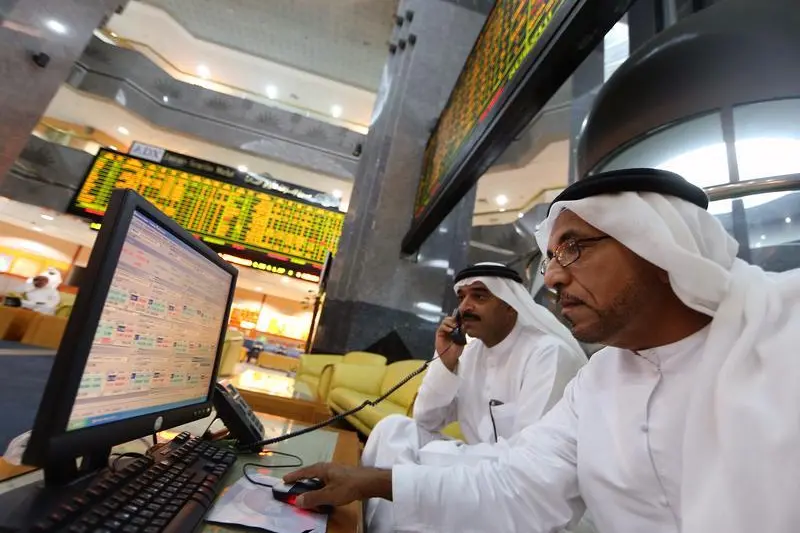PHOTO
Monday, Jun 06, 2016
Dubai: Introduction of the proposed value added tax form 2018 is expected to result in a general increase in price levels in the UAE, according to CFA Society Emirates, the association for financial and investment professionals in the UAE.
An online survey was conducted from May 1 to 31 among 68 CFA Society Emirates members, as well as those with charters pending, in the UAE.
With the UAE set to become the first country to introduce VAT by 2018, 82 per cent of the respondents said that this will lead to higher inflation rates.
Amon the survey respondents 80 said that they would consider moving abroad if an income tax were to be introduced, since 59 per cent of them revealed that the GCC’s tax-free environment was a key factor in their decision to reside here. On the corporate level, employers will not consider relocating if corporate tax is introduced as per 59 per of the respondents, although 41 per cent of them believe otherwise.
According to the survey, consumers in the region will have to bear the additional costs VAT will introduce, instead of retailers, as it is ultimately paid by the end consumer.
“CFA professionals see VAT as a paradigm shifting reform in the GCC’s fiscal policy and are unanimous that it will lead to higher inflation. Although inflation rates are also heavily influenced by interest rates and economic growth, the immediate effects will pose challenges to both consumers and businesses,” said Amer Khansaheb, CFA, President of CFA Society Emirates.
The survey respondents said that there are various hidden or indirect taxes already in place, highlighting hotel taxes as the most obvious example, followed by road tolls as well as car registration and parking fees.
The UAE is expected to generate around Dh10 billion to Dh12 billion as a result of introducing VAT in the first year of its implementation.
The short-term impact will be offset by the long-term benefit VAT will bring to the regional economies. There is an urgent requirement to diversify government revenues, which are currently still largely dependent on income from oil and gas, and VAT is a measure that will allow more stability given that the outlook for crude prices remains volatile. Additionally, VAT would encourage more responsible consumer spending.” said Khansaheb.
By Babu Das Augustine Banking Editor
Gulf News 2016. All rights reserved.





















